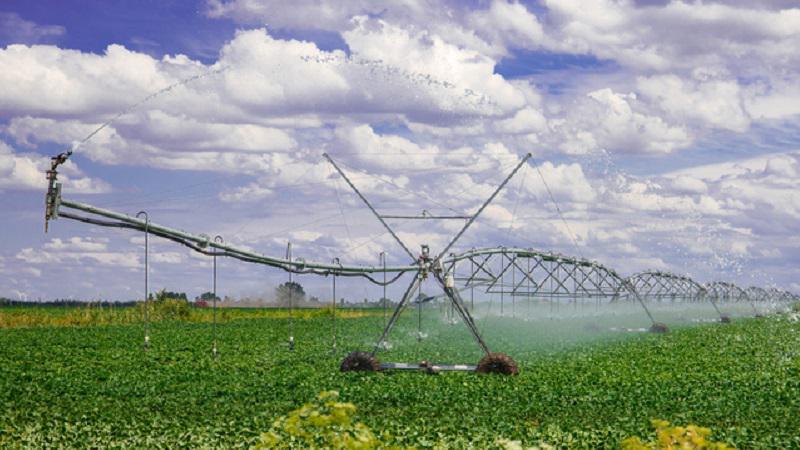
Agriculture Roundup for Thursday February 23, 2023
MELFORT, Sask. – The Saskatchewan Association of Rural Municipalities (SARM) are asking for an update on the $4 billion water management infrastructure known as the Lake Diefenbaker Irrigation Project.
SARM President Ray Orb said the expansion could more than double the irrigated land in the province, not only opening new farmland to consistent water supplies, but also facilitating industrial and potash mining operations.
“The government has already allocated $45.5 million for preliminary engineering and environmental work on the first phase of the project and has said construction could start in 2023,” Orb said. “At this time, most of the work beyond rehabilitating existing canals is in the conceptual phase, and there are many unanswered questions.”
SARM wants an update on Phase 1 in Division 5. With 90 per cent of the current canal already in place, Orb said RMs will see water flow and processing, and employment opportunities increase.


